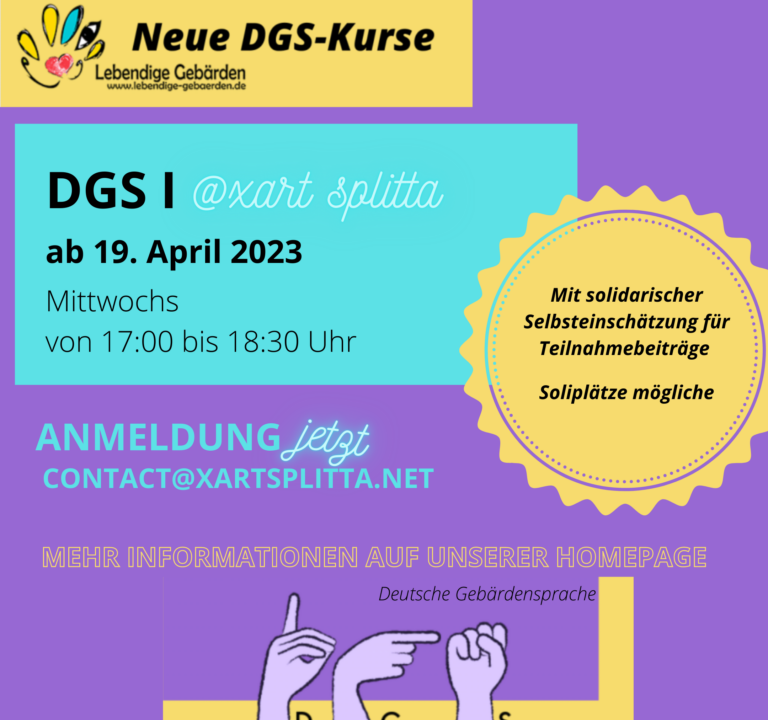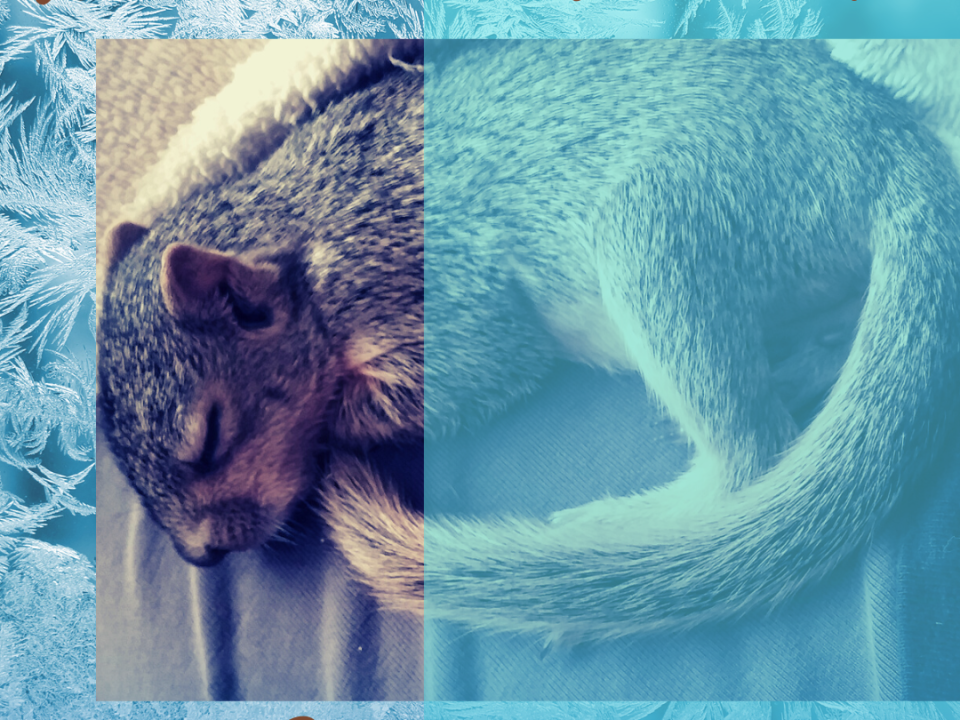In.Solidarity II – In Covid, Crisis & Care: Empowerment Crisismanagement & (Self-) Care
30.10.2021In.Solidarity II – In Covid, Crisis & Care: Möglichkeiten des Allyship
30.10.2021for BIPoC with Can Tunç and Juliana Kolberg // 10am-3pm
This workshop will take place online and German and English spoken language is possible – Let’s help each other out!
Crises are (traumatic) challenges. The more we experience, the more likely we are to remain in a state of survival and, because that’s what we need, keep a focus on ourselves. Community, on the other hand, sees itself as networking with each other, for some as (surrogate) family, for others as safe space, but either way as a shared space. How can this be brought together?
In this workshop we want to discuss the balance with ourselves and the awareness and allyship for and in our communities. Can self-care also be in the form of solidarity? How do we protect ourselves and at the same time our siblings, friends, fellow activists? Where do we need more solidarities? And how can we deal with our privileges and deprivileges?

Can Tunç has been working as part of the ComE In project team since January 2020 and is active in the area of intersectional inclusion via GLADT e.V.. In this project area, Can coordinates processes with white LGBTIQ* institutions in order to achieve more inclusivity in their structures. From the position of a Kurdish queer of colour, Can is interested in perspectives of queer of colour critique and works on the topics of awareness, critical whiteness and postcolonial critique of racism and power.

Juliana Kolberg (no pronoun) has been working in the ComE In project since the beginning of 2020 and is here responsible for the area of empowerment. Juliana is also project manager of xart splitta. Juliana’s main topics are empowerment, queerness, intersectionality as well as discrimination-critical language, especially from the perspectives of queer Black diasporic movements. For more than 10 years, Juliana has been making racism-critical, intersectional awareness concepts for, with and in different contexts, as well as being an activist with and in, primarily, queer BIPoC communities.




